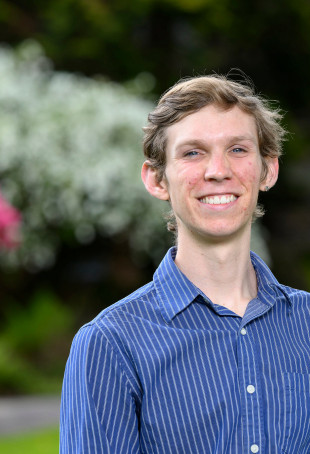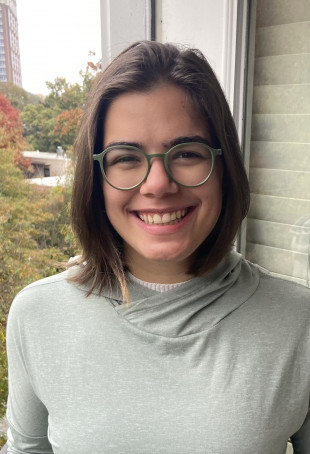- <a href="/live/image/gid/647/width/650/86678_Words_and_Numbers.jpg" class="lw_preview_image lw_disable_preview" tabindex="-1"><picture class="lw_image lw_image86678"> <source type="image/jpeg" media="(max-width: 500px)" srcset="/live/image/gid/647/width/500/height/479/crop/1/86678_Words_and_Numbers.rev.1610665810.jpg 1x"/> <source type="image/jpeg" media="(min-width: 501px)" srcset="/live/image/gid/647/width/720/height/690/crop/1/86678_Words_and_Numbers.rev.1610665810.jpg 1x"/> <img src="/live/image/gid/647/width/720/height/690/crop/1/86678_Words_and_Numbers.rev.1610665810.jpg" alt="Numbers teaches students to interpret quantitative information presented in various forms and contexts." width="720" height="690" data-max-w="932" data-max-h="932" loading="lazy"/> </picture> </a><div class="hero-split_image_caption collapsable-caption"><em>Numbers</em> teaches students to interpret quantitative information presented in various forms and contexts.</div>
First-Year Seminar
Words and Numbers are your first-year seminar classes.
At Lewis & Clark, you’ll take one faculty-led foundational seminar per semester. These small classes (19–25 students) are designed to help you develop the reading, writing, discussion, and analytical skills you will need to succeed in college and for life. One of your two courses will focus on interpreting the meaning and significance of texts (CORE 120: Words), the other on interpreting quantitative information and models (CORE 121: Numbers). These are not simply writing and math classes; rather, these courses allow you to explore a specialized topic of particular interest with a faculty member and a small group of students.
Words teaches students to explore the meaning and significance of texts via close reading and analysis, and to express that analysis in writing.
Numbers teaches students to interpret quantitative information presented in various forms and contexts; to understand the logical structure of quantitative arguments; and to use quantitative models, theories, and data to simplify, explain, and make predictions.
- Jack Waite BA ’23
As a full-time summer research intern, I am studying the ways in which cells have evolved to selectively turn on and off genes under different conditions. The best part has been learning to conduct scientific research independently.
Bakersfield, CaliforniaMore about Jack - Ravyn Malatesta BA ’19
Ultimately, I chose to double major in chemistry and economics because I wanted to keep taking classes and learning more in both of those disciplines.
Dayton, OhioMore about Ravyn - Jen Kerns BA ’90
I love making sense of the world and understanding its complexities, and history as a discipline helps me to do that.
Eugene, OregonMore about Jen
First-Year Seminar News
Words and Numbers is located in room 404 of Miller Center on the Undergraduate Campus.
MSC: 83
email GenEd@lclark.edu
voice 503-768-7208
Director: Kundai Chirindo
Admin: Dawn Wilson
Words and Numbers
Lewis & Clark
615 S. Palatine Hill Road MSC 83
Portland OR 97219


